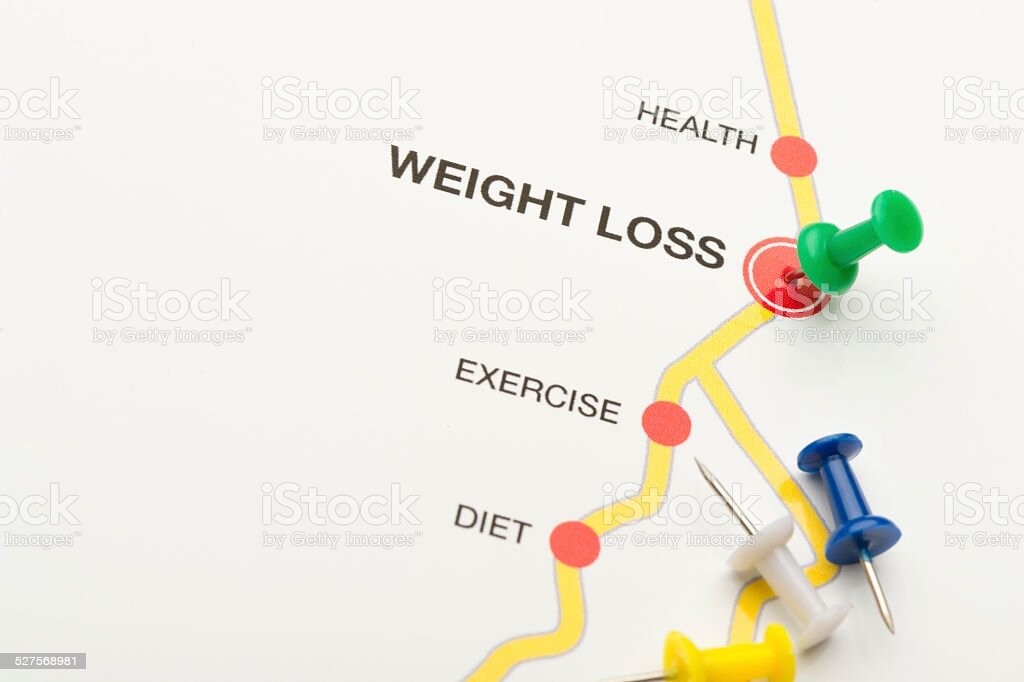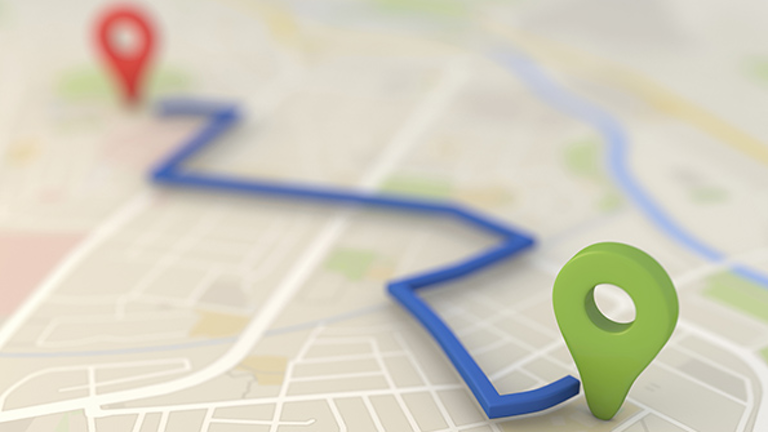The Fisherman, the Businessman, and the Allure of the Body Ideal
What stories are you telling yourself? What stories have you heard? What is your story?
I love storytelling in all forms and if you’ve met me, you probably know this. Whether it’s history, comedy, metaphor, or science, stories seem to be the thread humans have chosen to use to define and understand our world. The stories we tell move beyond entertainment. They offer guidance, map time, cultivate emotion, and clarify communications. To put it short: stories provide and connect information. Thus, they inform our decisions.
The stories you tell and the stories you hear matter.
Your story matters.
Chapter 1.
There’s a story you may know about pursuing body control. It always seems to start the same way… “Eating differently will make something better.” It’s practically as ubiquitous as Once Upon a Time. And we tend to hope it ends as predictably, too. In our work, the Happily Ever After is often an idealized vision of yourself, your body, and your life. One that you work towards. A possible future so enticing, some of us would sacrifice our health, happiness, and even our lives in the pursuit of this ideal. When we find ourselves making seemingly irrational choices or having illogical reactions to stimuli related to food or our bodies, we can likely discover why by remembering the allure of the ideal. For many folks, it is rooted in synonymizing the “right, thin” body with all good/safe things and anything else with bad things by default. As this ridgid categorization is reinforced over time, our brain gets used to this shortcut, and prefers it isn’t challenged out of ease or fear. That's why it is so tough to shake those feelings that something is wrong if it doesn’t perfectly align with its good or bad category. Even if you truly recognize your values are generally inclusive of body diversity.
There’s a story I have been sharing with my clients recently. It’s a story my mom used to read to me when I was a kid, and now I get to share it with you.
What do you think of this parable? Are you wondering what the heck any of that has to do with your body? I’m bringing it back around, I promise.
This story came back to my mind recently when a friend was describing the feelings they have around their body ideal. The pull that feels almost magnetic in how strongly we can feel called to “do something,” about our body. Whether that’s move it, shrink it, shape it, shun it, or anything else, we have a very strong feeling that A) something can/should be done and B) it will lead to feeling better. We feel like after that’s done, then we can be at peace. When I ask my clients what they envision for their ideal, I commonly hear responses like:
I will be more confident
I will feel more comfortable
People will notice me differently
I’ll be more active
People will like me better
I’ll be healthier
Life will be easier
I will feel or be more successful
More people will find me attractive
People will be nicer to me
I’ll be sharper mentally
I’ll feel better
These are not unreasonable things to desire. In fact, they’re incredibly universal things to want. The problem here is not necessarily the vision, but the belief that there are limited means to that end. The belief that only changing our body can get us to our Happily Ever After. The damaging behaviours related to those beliefs that we shoehorn into our lives in our sisyphean trudge to get there. (another great story)
~~~
Consider your experience with body control or dieting tactics. How does the story you are telling yourself compare? Maybe A) felt like a very familiar starting point. Maybe you even can remember getting to B) at certain times in your life. Now I want you to really zoom in on your story. Try to remove the rosey ideal-tinted glasses which conceal some of the not-so-great parts between A and B, or after. Is it more likely that your story continued through the alphabet? Did we start to notice rockier times at C, D, or E? Do you find yourself back at A every so often? (Hint, if you are here, that’s a good clue.)
Chapter 2.
The body ideal reminds me of another classic story. In The Odyssey, an adventurer finds a sea where beautiful mermaid-like creatures sing the most enchanting songs. They’re called sirens, hence the origin of the phrase “siren song.” However, the song is a lure, a sneaky little trick. It’s how the sirens hunt their prey, by luring them in with this idyllic facade, and taking pleasure as innocent victims end up bashed against sharp, rocky shores by the cold, unforgiving sea.
How has the Ideal been your siren song?
~~~
Both of the stories I’ve chosen to tell you can teach us a lot about the body ideal. In the first tale, the ideal is represented by the businessman. Just like the businessman, the ideal tells you there is something more you can be having, something better out there. And he conveniently has all the answers to help you with that. But, as the fisherman recognized, so many of the promises made are already there in your life today! Right now! I sometimes picture this ideal like a veil that I desperately want to tear down for you. Like a magic trick, I wish I could poof it away so you can see that-- ta da!--all that was hiding behind the curtain is a mirror.
Look around at your life. The reason the businessman couldn’t hook the fisherman is because the fisherman knew what he already had. It may feel impossible to believe that you are already many of the things you associate with that endgame at point B. But this isn’t about believing, not yet. The first step is learning, and we’re doing that now. The next step is knowing, so look around and take inventory. What do you already have? Gather the evidence you need to learn how these traits already live in you. With enough time and evidence, you will know you don’t have to be in an ideal body to feel confident, have friends, feel liked, and be loved. If you allow yourself to take the veil down, just for today, what evidence of that do you see?
All of the traits you don’t see? You can have those, too! Besides physical weight control, none of the factors we associate with the ideal are genuinely related to weight. Your dietitian can help you address the goals you are saving for your Someday. We can help build confidence and fuel activity. We can brainstorm ways to be more social. We can look for more ways to provide for your body and implement interventions which are actually proven to be more effective as a path to your goals.
How sweetly sinister was that song that we’ve been lured to disregard, and even fight, all that we see is true? Somehow believing the story that more restriction leads to more freedom??? It doesn’t quite add up that to have a larger life, you’d need to shrink yourself.
Most of us highly admire people who are quick to go for what they want. That may even be something you envision about your ideal self. Why not start there? There’s no time like the present to shoo sirens and reclaim the elements of your ideal that were previously only worth the wait/weight. Drop the veil and start today. This is your story.
Chapter 3. Your Turn
Discover: The Stories You’ve Been Telling
Consider: Letting Go of Your Ideal
Explore: Your Ideal vs. Your Reality
About the Author
"Kymber Stephenson is a Registered Dietitian Nutritionist living and working in the Greater Denver area. Her experience began with a love of food which led her to pursue a degree in Culinary Arts from Johnson & Wales University. As her love of science and helping people wove with that initial path, she continued on to a Bachelor of Science in Culinary Nutrition with a dual concentration in clinical dietetics and culinary food science.
Kymber is especially passionate about eating disorder management and prevention. In this vein, she focuses on educating clients about the multi-faceted ways history, marketing, food systems, culture, psychology, and body image affect health and relationships to nutrition, food, and body. She works with clients to truly fall in love with food again, acknowledging not only its nourishing properties, but truly embracing its comforts, tradition, and fun! Working in a client-guided manner with a Health at Every Size approach, she strives to help each unique person reach their idea of peace and satisfaction in their bodies and their overall lives. Kymber's driving philosophy is that all people deserve equitable access to quality food and evidence-based nutrition education, regardless of status or background."










